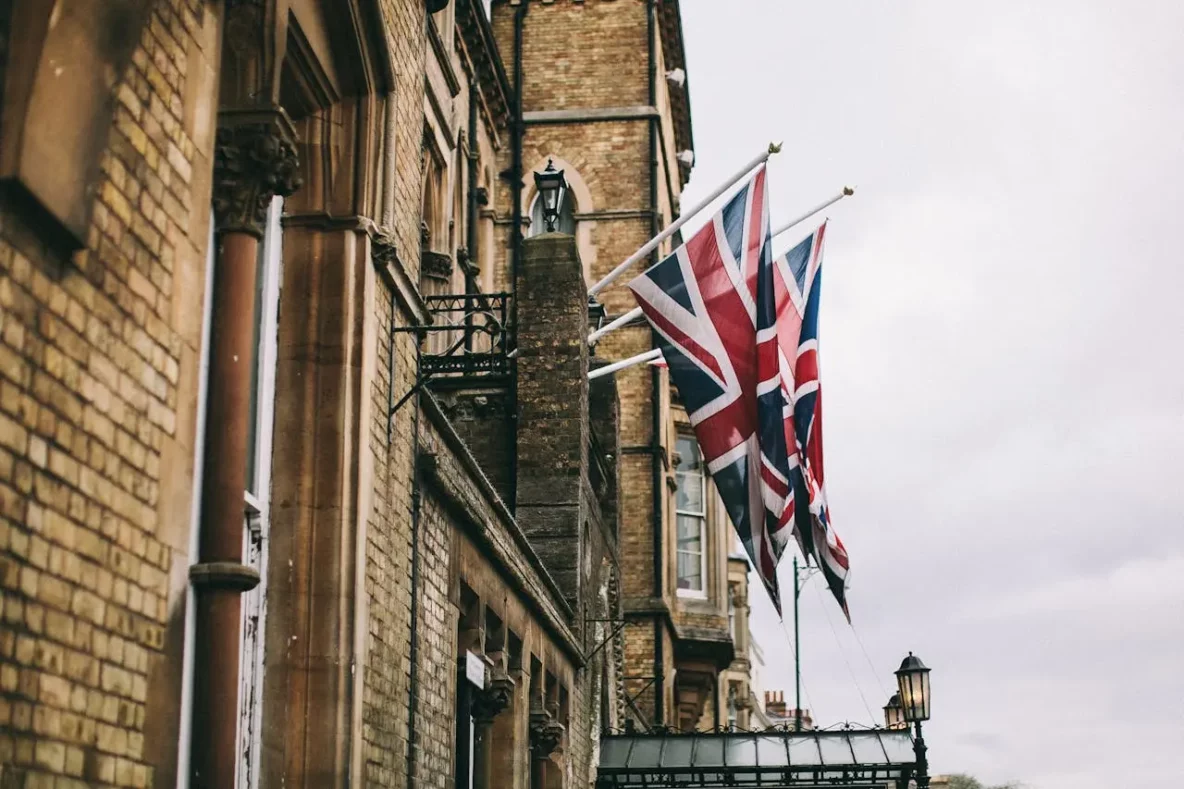What is a Freezing Order?
A Freezing Order is an interim injunction issued by the Court to prevent assets from being dealt with or disposed of by the Respondent. Assets that can be frozen, including bank accounts, shares, investments, land and property, such as art, cars etc.
Why would someone apply for a Freezing Order?
The person or body applying for a Freezing Order does so because they strongly suspect that the Respondent will attempt to hide or get rid of assets that may become subject to a Court Order at a later date or an individual has become a designated person under sanction regulations.
A Freezing Order can also be sought after trial or determination, typically to preserve assets until judgment has been enforced.
Can a Freezing Order application be made without notifying the Respondent?
Absolutely – in fact, most Freezing Orders are made ‘ex parte’ (without notice) to prevent the Respondent from defeating the injunction by disposing of or hiding assets as soon as they get wind of an application.
In Re First Express Ltd [1991] BCC 782, the Court stated that there are two conditions that must be satisfied to apply for a Freezing Order without notice successfully:
- Firstly, giving notice “appears likely to cause injustice to the applicant by reason either of the delay involved, or the action which it appears likely that the respondent or others would take before the order can be made;
- Secondly, when the court is satisfied that any damage which the respondent may suffer through having to comply with the Order is compensatable under the cross-undertaking, or that the risk of un-compensatable loss is clearly outweighed by the risk of injustice to the applicant if the order is not made.”
In cases of ‘exceptional urgency’, applications for Freezing Orders will be heard without notice. Exceptional urgency applications don’t need to meet the conditions set out in Re First Express.
What does an Applicant need to prove to obtain a Freezing Order?
We must make clear that a Freezing Order will only be granted if the Applicant makes an exceptionally robust case and provides substantive evidence. They must show that:
- There is a cause of action against the Respondent (although, in some cases, an interest meriting protection may be sufficient), and the Applicant has a strong case.
- There is a real risk that the assets will be hidden or disposed of; and
- It is just and convenient to grant the Freezing Order, taking into account Applicant’s conduct (clean hands – see below), the rights of (and any impact upon) any third parties who may be affected by the Freezing Order, and whether the injunction will cause legitimate and disproportionate hardship for the Respondent.
The Applicant must also make a full and frank disclosure of all the material facts to the Court, even if they do not support the Applicant’s claim. In addition, the Applicant will be required to make several undertakings to the Court, including an undertaking in damages, i.e. a promise to compensate the Respondent if it is found that the Freezing Order should not have been granted.
What is meant by “the Applicant must have ‘clean hands’”?
Freezing Orders are what is known as an ‘equitable’ remedy, and the Court has full discretion as to whether or not they are granted. An Applicant must overcome two hurdles to obtain an equitable remedy, namely:
- They must come to equity with ‘clean hands’, i.e. be free from wrongdoing themselves; and
- When applying for the injunction, they must act diligently and promptly.
Can a Freezing Order apply outside the UK?
Yes, a Freezing Order can apply worldwide or within specifically named countries.
To minimise the risk of oppression, courts in England and Wales insist on having some control over the international enforcement of Freezing Orders. Also, Freezing Injunctions are not binding on third parties outside the jurisdiction until the Order has been registered, recognised and enforced in the local court/s.
Wrapping up
A Respondent can apply to the Court to have a Freezing Order varied or discharged. If you discover you are subject to a Freezing Order, the most crucial action is to contact our experienced Civil Litigation Solicitor immediately. They will advise and represent you, ensuring your best interests are always protected.
To discuss any points raised in this article, please call us on +44 (0) 203 972 8469 or email us at mail@eldwicklaw.com.
Note: The points in this article reflect sanctions in place at the time of writing, 11 June 2024. This article does not constitute legal advice. For further information, please contact our London office.
Share this Post



